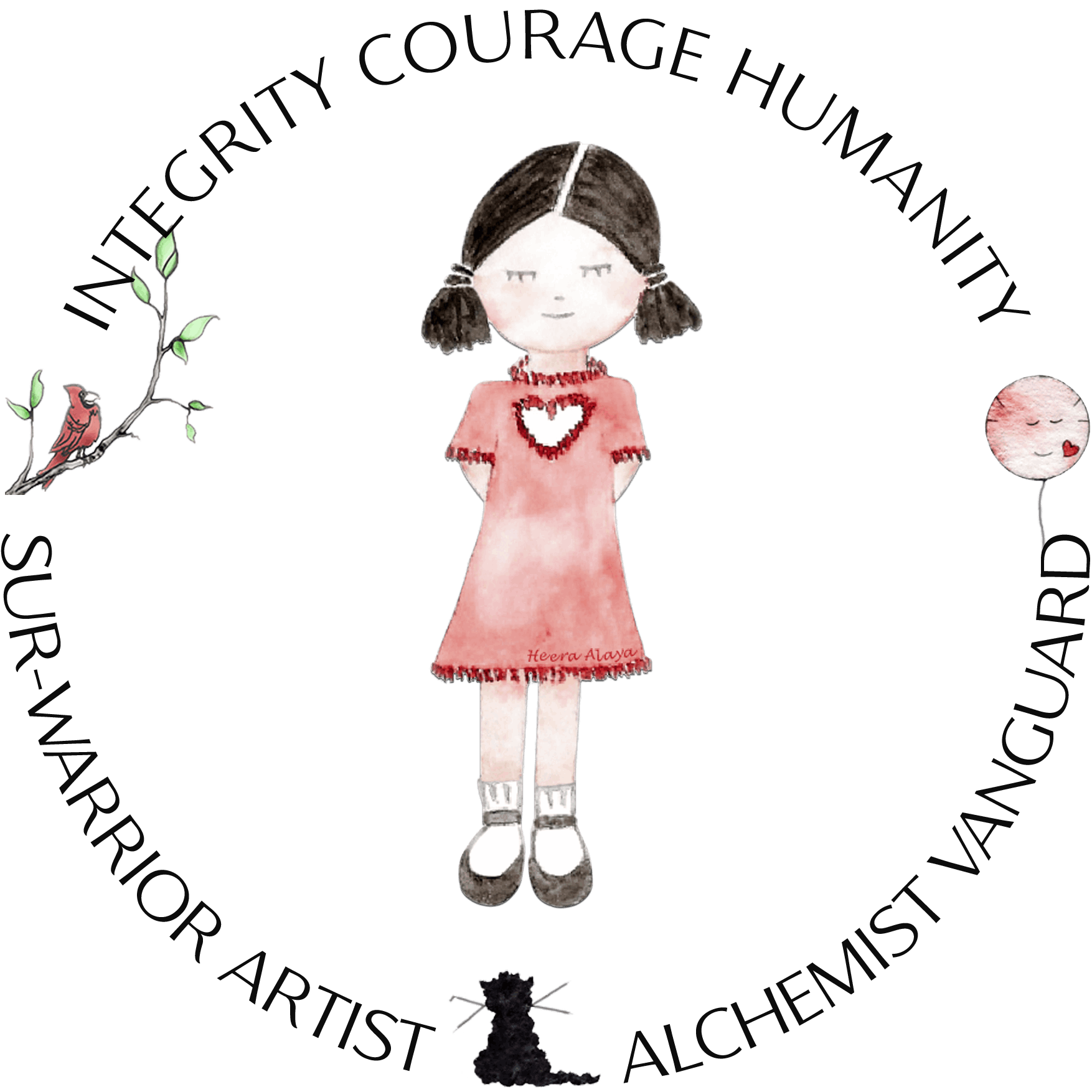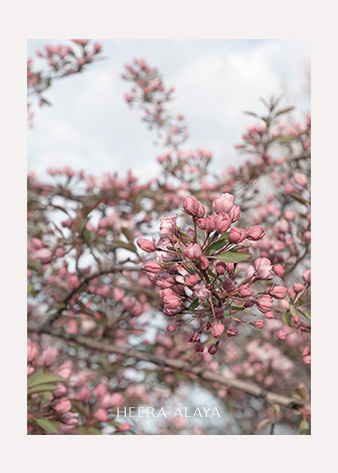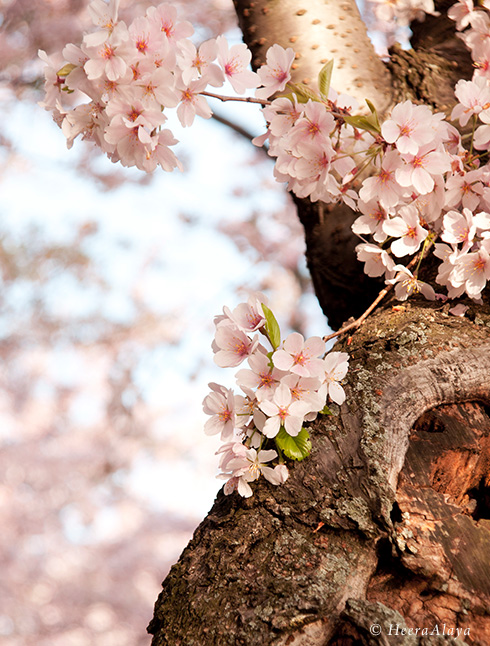
“Humans are not birds,
but individuals’ mindsets
make them belong to a flock
that engages in life
with discretion and wonder.”
RAPHAEL and LIVIA
wonder
September 26th, 2017
Welcome to my home amid blossoms and barks; it’s a peaceful place with no traces of superficial glaze. I wake up inhaling the gentle fragrance of flowers, cranking my head in different directions and angles to get various perspectives. For instance, the otherwise straight monument appears a tad tilted in its reflection, and the petals that look fuller in soft light seem paper-thin in the harsh glare. In this manner, I invest hours studying the play of elements—weather, movement, geometry, etc.—that come together in harmony to create awe-inspiring nature. Where education sharpens my mind, it prompts me to accumulate emotions that come to hold for me.
The reality is that with time, my peaceful moments are far and few—flocks of numbed humans chaotically descend to clamour and litter while chronicling their fake perfection—for others’ approval. No creature from the animal world or element of nature wakes up daily, reminding the world of their perfection while seeking approval: “Look at special me; I am better than all of you.” For all their self-claimed superiority, humans exist with inferiority—justifying and normalising destructive behaviours. To know this low self-esteem disease—of selfies—has destroyed an entire generation is a reason to be alarmed.
I often wonder what stops this trite tribe from arriving at thinking and always reach the same conclusion: perhaps what man does not possess, he cannot reclaim.
In stark contrast—to aimless and loud commentary families—is a family of four etched in my mind. This family constructed a creative environment within an endearing picnic structure—integrating their experiences with imagination and curiosity. The family was connecting with the elements of life with their senses—they touched the grass, smelt the blossoms and listened to the varied sounds of nature. The children saw the world interpreted through their parents’ histories and how they had found meaning in life. I was just as enthralled with the sun ceaselessly changing the hue of blossoms as I was by the children’s world suffused with richness.
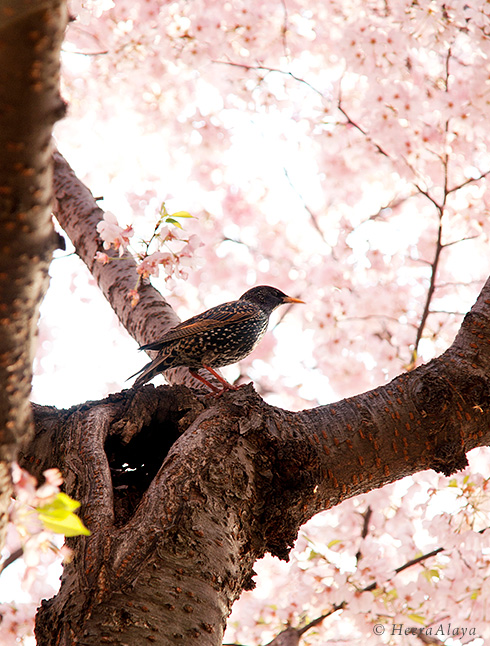
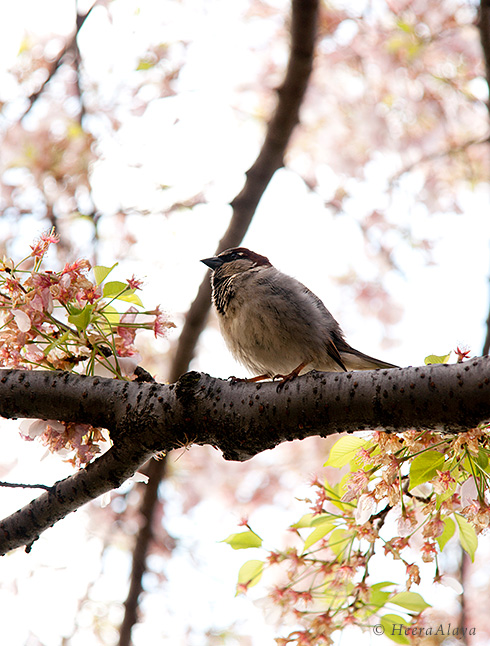
I wasn’t alone in admiring this sublime family—my friend, Livia, was just as intrigued. I had to repeatedly whistle across the branch to get Livia’s attention as she intently listened to the father; he was educating his children about Livia’s family—the European Starlings—on how their dull winter plumage transforms into an iridescent spring mosaic. While Livia reviled the selfie-addicted crowd that had forced her to retrieve into her nest hole, she murmured praise on this family.
This family’s richness uplifted us, leaving Livia and me to agree that birds of a feather flock together. Humans are not birds, but individuals’ mindsets make them belong to a flock that engages in life with discretion and wonder.
